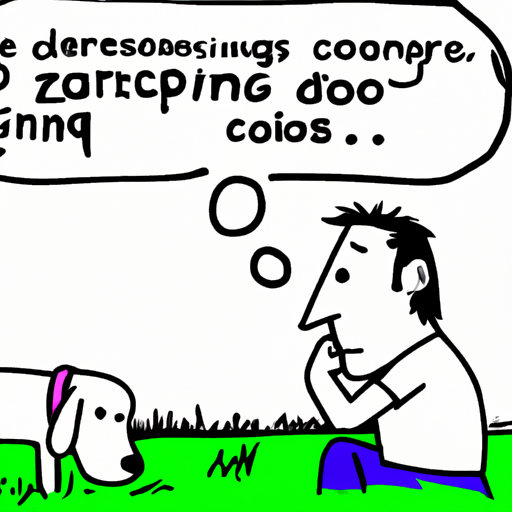Being a caregiver to your furry friend, you might have found yourself wondering about certain peculiar behaviours they exhibit. One such behaviour is eating grass, which is often followed by them throwing up. In this article, we’ll delve into the reasons why.
1. Is Pica The Reason?
Pica is a condition in dogs that drives them to eat non-food items. While some dogs might munch on grass occasionally without any harm, frequent and obsessive grass eating might be a symptom of pica.
- Pica can be caused by:
- Nutritional deficiencies
- Diabetes
- Thyroid disease
- Intestinal parasites
However, pica is a relatively rare condition and a dog eating grass doesn’t necessarily mean it has pica.
2. Could It Be Gastrointestinal Upset?
Many believe that dogs eat grass to provoke vomiting when they’re feeling ill—much like humans might induce vomiting to relieve feelings of nausea.
- Possible reasons for gastrointestinal upset:
- Eating something harmful
- Ingesting a toxin
- Suffering from a bacterial or viral infection
3. Is It A Matter Of Taste?
Yes, taste. Some dogs might just like the taste or texture of grass. It’s as simple as that.
- Canines are omnivores, meaning their diet includes both plants and meat
- Wild canines are known to eat plant matter, so domesticated dogs might retain this behaviour
4. Boredom or Anxiety?
Sometimes, dogs might eat grass out of boredom or anxiety.
- Regular exercise, mental stimulation, and companionship can help reduce these behaviours
- If your dog seems anxious or exhibits other signs of stress, consult a vet or a professional dog trainer
5. Dietary Needs?
Dogs might also eat grass to supplement their diet with necessary nutrients, like fiber.
- High-fiber diets can aid digestion and help dogs feel fuller
- If your dog is eating grass regularly, consider if their diet is fulfilling all their nutritional needs
FAQ
1. Is it harmful for dogs to eat grass?
Generally, no. But if your dog is eating grass frequently or obsessively, it’s best to consult a vet.
2. How can I stop my dog from eating grass?
Addressing the cause is the best solution. This might involve adjusting their diet, increasing exercise, or seeking veterinary advice.
3. Is grass-eating a sign of illness in dogs?
Not always, but if it’s accompanied by other symptoms like weight loss, lethargy, or changes in appetite, it’s best to consult a vet.
4. Can I let my dog eat grass if it makes them throw up and they seem to feel better afterwards?
It’s better to consult a vet. Regular or frequent vomiting can cause dehydration and other health issues.



